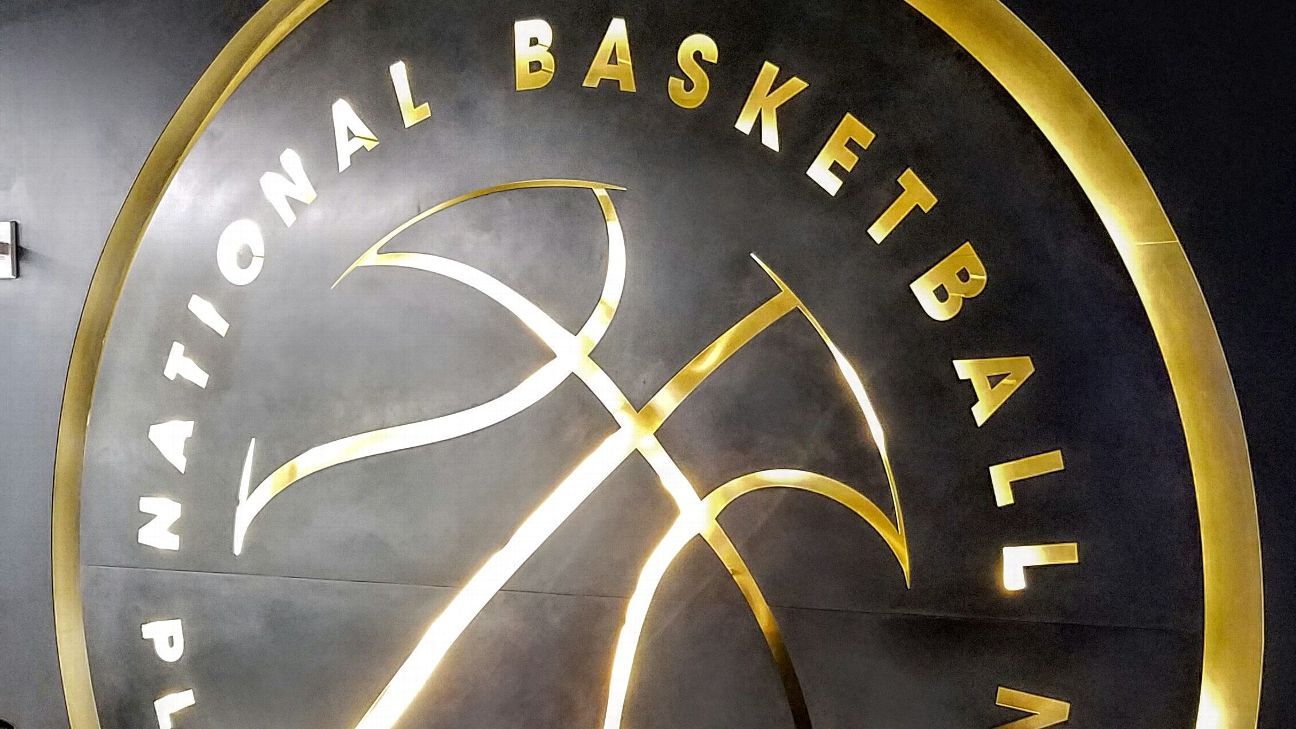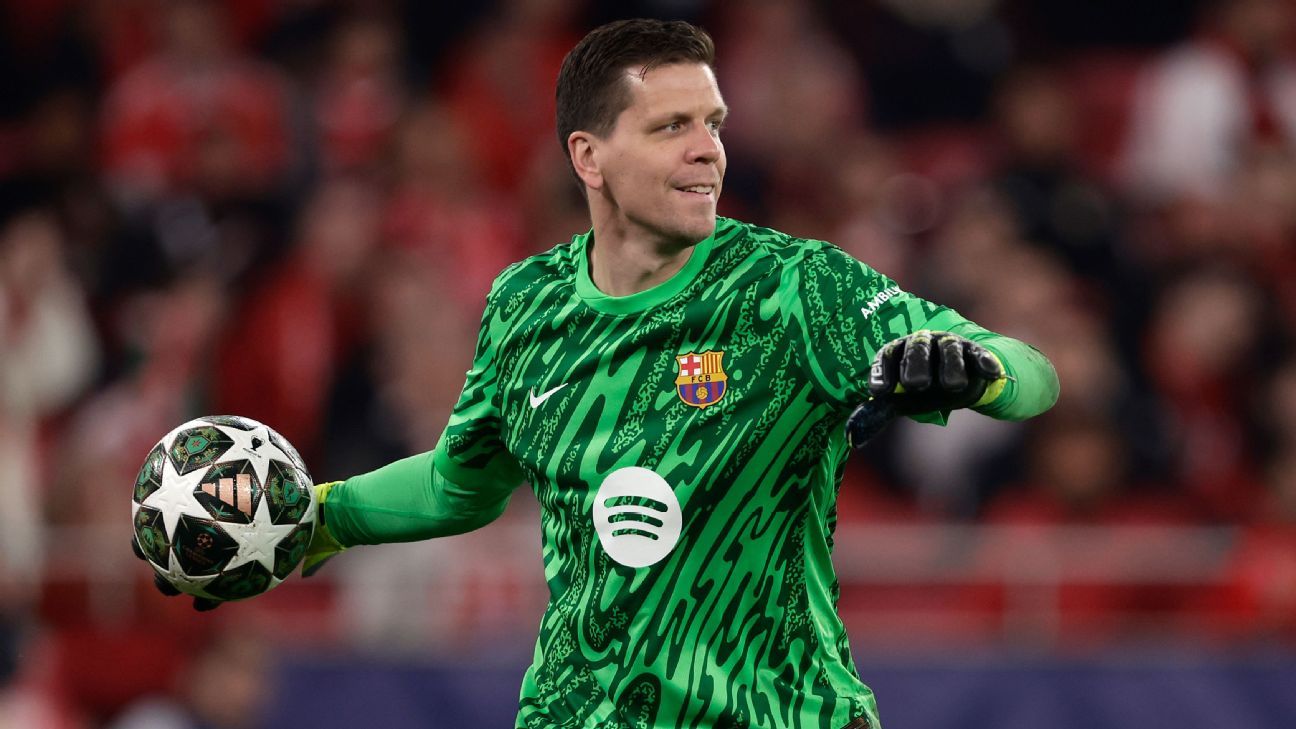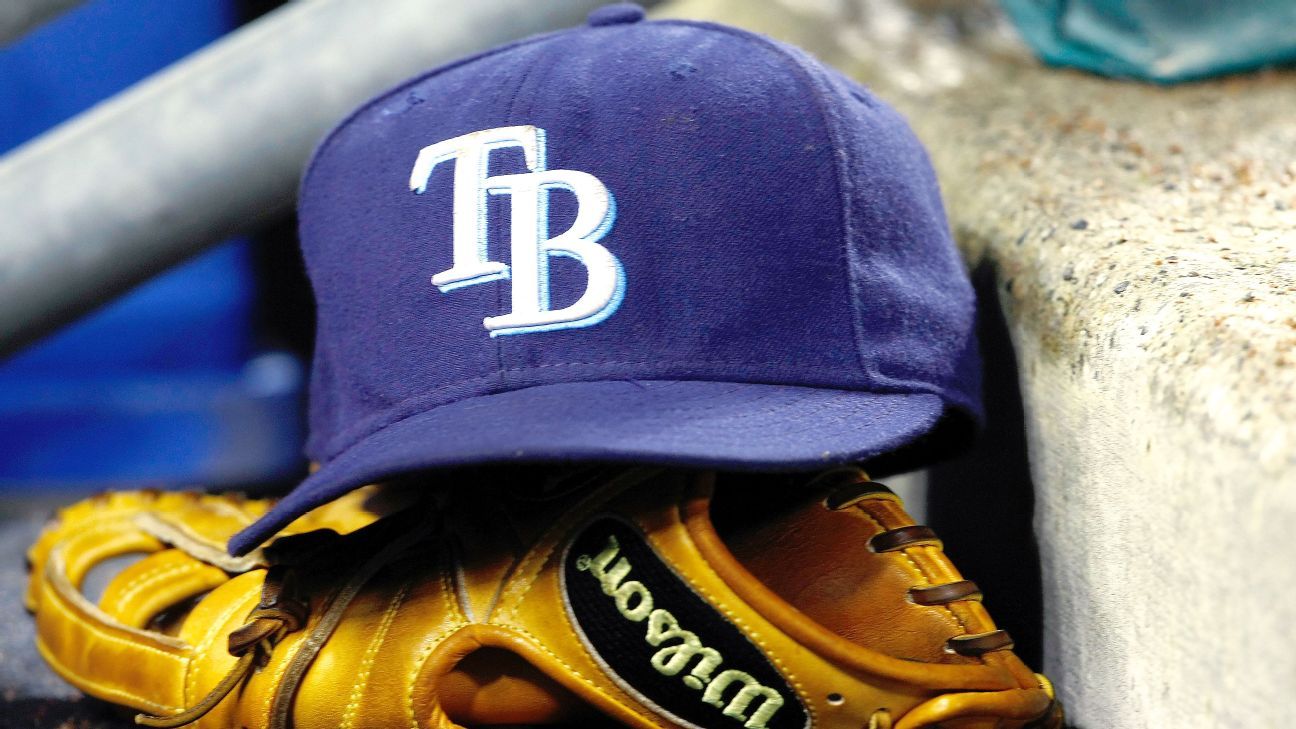
LAKE BUENA VISTA, Fla. -- In team meetings and conversations at the ESPN Wide World of Sports Complex, the National Basketball Players Association has been preparing its membership for the likelihood that the start of free agency in mid-October could be pushed back several weeks, sources told ESPN.
Because of the uncertainty about next season's projected league revenues, a delay to the Oct. 18 start of free agency would give the NBA and NBPA a chance to better formulate the parameters of the 2020-21 salary cap and luxury tax thresholds.
The longer the league waits on every decision and projection, the hope is that the latest information on the coronavirus pandemic can offer a better understanding of whether there is a possibility of playing games in 2020-21 with fans in arenas, which is vital to the league's financial health. Commissioner Adam Silver told the players in a conference call in May that game-night receipts account for 40% of NBA revenues.
NBPA executive director Michele Roberts has been publicly and privately skeptical that the league will start next season on its tentative opening night of Dec. 1. Sources said the union has privately suggested to players that the season could start sometime later that month -- or even in January or February.
Front-office executives are privately concerned about the lack of salary cap and luxury tax projections in place before the Oct. 16 draft. Those projections would allow them to make crucial decisions -- including on possible trades -- with a clearer understanding of the financial ramifications.
Among many teams, there is interest in connecting the mid-October draft and free-agency periods so that they could be delayed together, sources said.
The NBA and NBPA are working together to collectively bargain on all of these issues, including amendments to the collective bargaining agreement to allow for the league and union's equal revenue split. The NBA and NBPA extended a deadline to Sept. 10 that would allow for the league to use the force majeure provision to terminate the CBA without an amended agreement with the players, although sources believe that deadline could be pushed beyond the playoffs in the Orlando bubble.
So far, the NBA and NBPA have been waiting for the results of financial audits on 2019-20 revenues before those discussions can start to become detailed and serious, sources said.
Because revenues for the 2019-20 and 2020-21 seasons will decrease significantly in the wake of the coronavirus shutdown and lost revenue in China, the league and union may not use the normal formula, based on the Basketball Related Income split, to determine the salary cap.
Despite the significant losses in revenue, the NBA and NBPA could agree to artificial salary cap numbers to project out the next two seasons, perhaps comparable to the $109.1 million cap and $132.7 million luxury tax threshold for 2019-20. This idea would limit a dramatic impact to players in free agency and teams that would otherwise be left vulnerable to luxury tax bills they weren't expecting to pay.
Just as the cap and salaries expanded in 2016 with the influx of new television revenue, the dramatic losses in current and projected revenues create a likelihood that the 10% of players' salaries held in escrow won't be returned and instead will be used to cover losses in revenue for teams.
ESPN's Bobby Marks contributed to this report.















 Phone: (800) 737. 6040
Phone: (800) 737. 6040 Fax: (800) 825 5558
Fax: (800) 825 5558 Website:
Website:  Email:
Email: 






